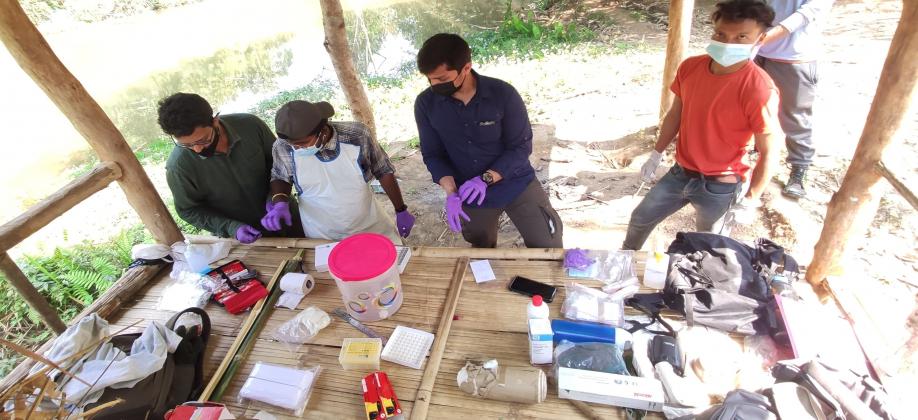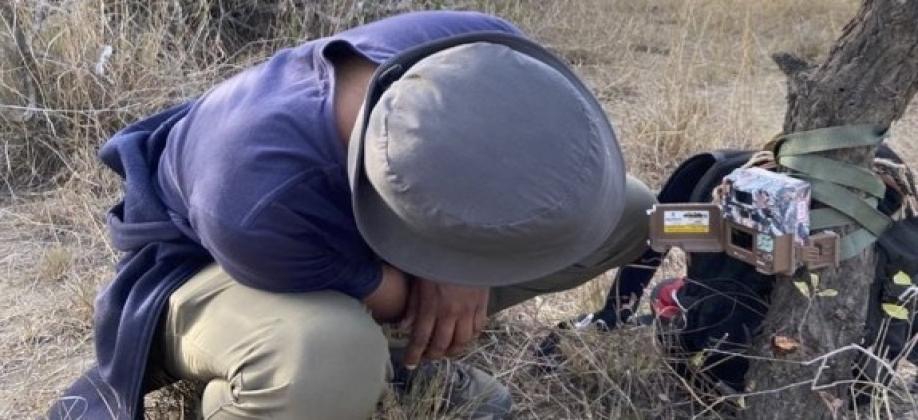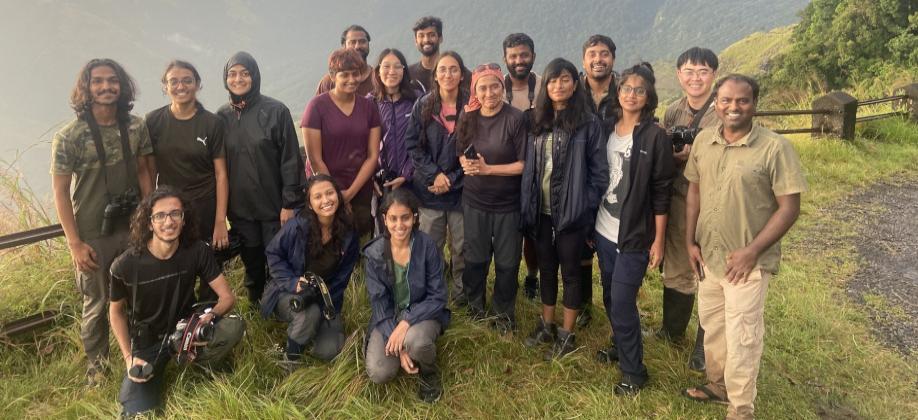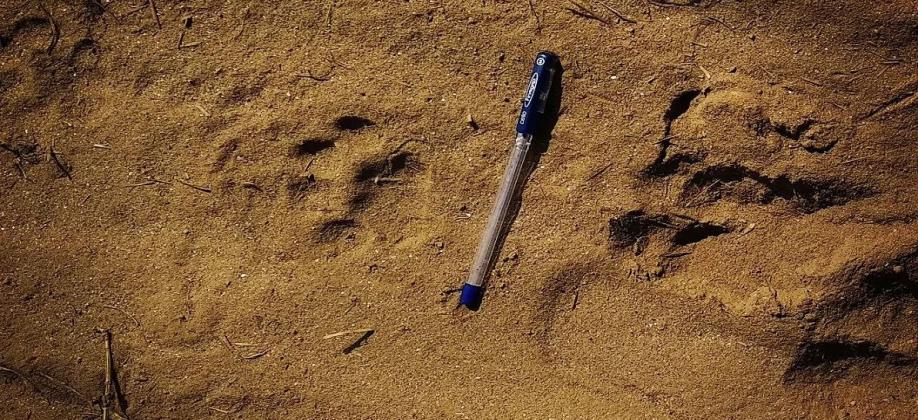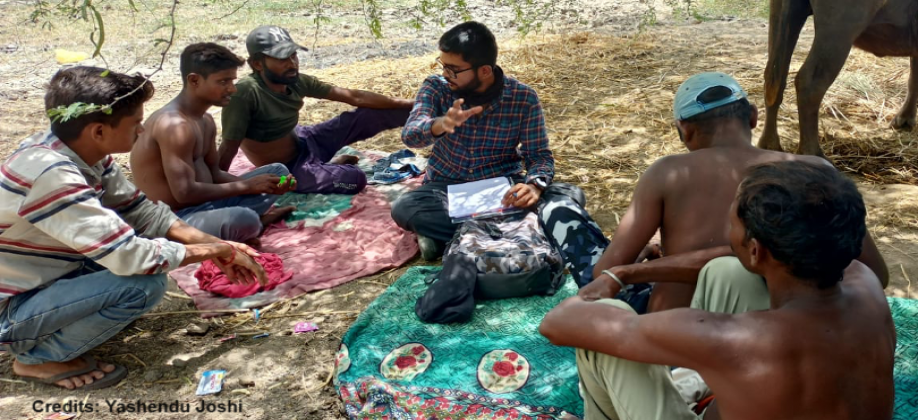Masters in Wildlife Biology & Conservation
You are here
Academics
The Masters course is offered once every two years and has three semesters of course-work and one semester of project work.
- The first semester consists of foundation courses in the biological and ecological sciences, mathematics, statistics, and computational skills involved in data processing.
-
The second semester builds on the foundation of more advanced courses such as Population, Behavioural and Conservation Ecology, Species Interactions, Advanced Statistics, Marine Ecology, and Scientific Writing.
-
The third semester addresses the historical, social, economic, and legal framework within which on-ground conservation operates, with a focus on India. In this semester students also defend proposals for their dissertation projects.
-
During the final semester students implement their dissertation projects, using the theoretical and practical skills that they have learnt through the coursework. The course ends with the formal defense of dissertations in a public seminar.
The first three semesters contain a number of courses, which have classroom as well as practical components. There is an equal emphasis on developing both theoretical as well as practical skills. Classroom lectures, lab work, group discussions, and field visits are all part of this hands-on experiential learning.
Classroom lectures
Each course has 10 to 30 hours of classroom lectures and discussions based on topical books and peer-reviewed scientific papers. There are about 20 working days a month, with 3-5 lecture hours a day.
Practicals
Hands-on practicals include:
-
Laboratory practicals e.g. Statistics, Conservation genetics, GIS, and Remote Sensing.
-
Short visits to local conservation/research organizations and field research stations.
-
Extended field visits to a variety of ecosystems and protected areas across the country.
Assignments
Assignments help students understand and apply techniques learnt in a course and include, in addition to standard homework, student seminars, review papers, and short field projects.
Guest lectures
Guest lectures are often case studies that give the students an in-depth understanding of the application of theory and methods to address a specific problem.
Evaluation
Students are evaluated based on classroom interactions, assignments, quizes, term papers, and seminars. Written examinations are also a part of certain courses. A minimum score of 50% is required to pass a course.
Field Trips
Students spend a significant part of their time visiting different ecological zones to gain the skills required to conduct rigorous fieldwork and independent scientific studies. Past field trips have included visits to the Bhadra Tiger Reserve, Bandipur Tiger Reserve, Nagarahole Tiger Reserve, Sikkim, Nannaj Grasslands, Periyar Tiger Reserve, Kaziranga National Park, Kalakkad-Mundanthurai Tiger Reserve, Satpura Tiger Reserve, Sanjay Gandhi National Park, and the Andaman Islands
